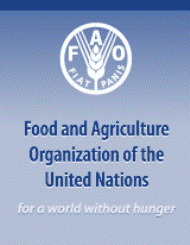
Food for everyone
This is an oversimplified reflection, which builds on an obsolete approach to production. A reflection which at the same time is very short-sighted and will not result in a more fair distribution of food.
This is due to several things. At present time, there is food enough to feed everyone in the world.
Oxfam argues in the report “The Hunger Grains,” that the land used for the cultivation of biomass for biofuels in 2008 could have fed 127 million people. However, according to a report by Ecofys (August 2013), there are enough grains in the world to feed 12 billion people.
That people are starving is not because of food shortages, but because of things such as bad infrastructure and climate change, which has resulted in land which before was used for the cultivation of food is no longer fertile. But it is also due to the fact that there is a wide difference between the rich and the poor parts of the world. On top of this is a huge waste of resources. In the western part of the world we throw away huge amounts of edible food. In Denmark alone, we throw away 540,000 tons of edible food every year.
If we really want to help the people starving, we mitigate our CO2 emissions and make them capable of producing their own food.

According to the Food and Agriculture Organisation of the United Nations (FAO), 1/3 of the food produced every year is thrown away or wasted.
Follow the developments within biorefining. hveiti regularly informs about our efforts to improve the environment.




